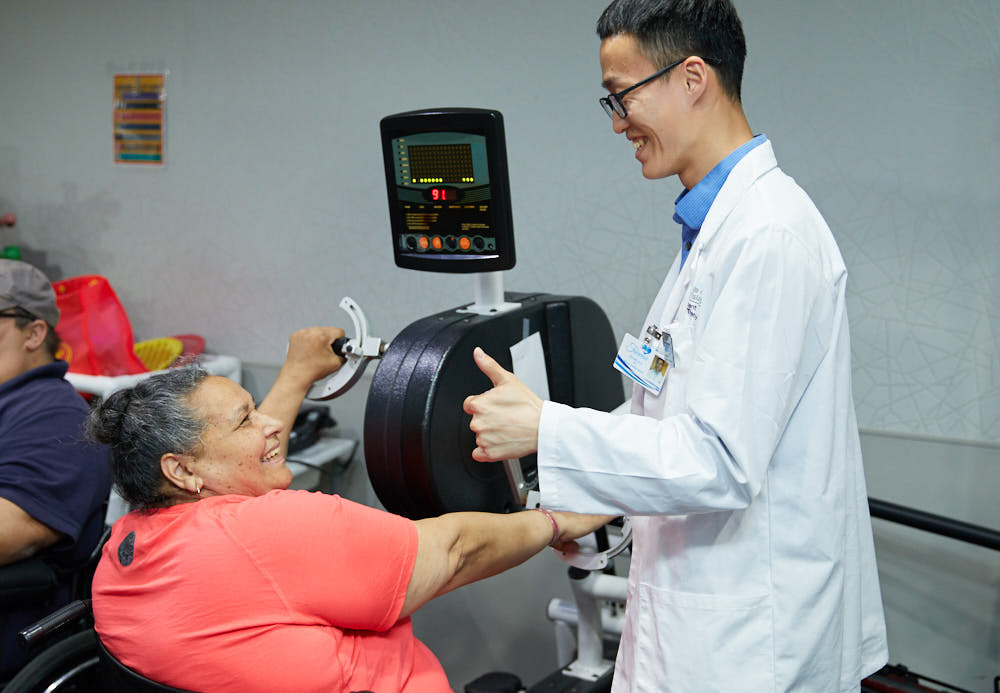3 Ways to Strengthen Your Heart After a Heart Attack
Heart attacks occur when blood flow to the heart is restricted or blocked. They often happen without warning and are quite serious, especially if medical treatment is delayed. Though recovery is possible for most individuals, some lifestyle changes are required. Not only will these strengthen the heart, but they will also prevent future cardiac issues for a longer lifespan.
Part of recovery may include blood pressure monitoring to avoid hypertension, one of the common causes of heart attacks. You also want to exercise, reduce stress, and alter your diet to increase heart health. Health education is necessary to prevent any complications.
For more information on how to make such modifications to your routine, keep reading about the 3 ways to improve the health of your heart.

1. Exercise Regularly to Strengthen Your Heart
Regular exercise is an essential part of heart attack recovery. The heart is a muscle, similar to those in your legs, arms, and back. Those muscles need regular use to prevent weakness and atrophy.
Adding exercise to your routine helps your heart become stronger, pumping more blood throughout the body with minimal strain. The vessels maintain their flexibility as well, promoting normal or reduced blood pressure and smooth blood flow.
Of course, you need to take it easy after a heart attack to ensure you aren’t overworking your heart. Jumping straight into high-intensity workouts or heavy lifting will do more damage than good. Your doctor may recommend cardiac rehabilitation, which teaches you to exercise safely. If not, you can try other workouts at home to help strengthen your heart, as long as you start slow.
For instance, rather than trying to run a marathon, take a short 10-minute walk. Add more time to your walk each week until you can walk comfortably for 30 minutes. At this point, you can mix a slow jog in with your walk.
Several other aerobic exercises can be added to your routine with your doctor’s approval. These include biking or swimming, as long as you’re comfortable with these workouts. Even low-impact sports, like golf, can improve heart health.
2. Avoid Stress
Avoiding stress and anxiety is absolutely crucial. After a heart attack, many individuals also feel overwhelmed, anxious, and depressed. Though it may be difficult to eliminate stress, reducing it can help strengthen your heart
We all deal with stress due to financial, familial, and work-related concerns. Several options are available to calm your mind and improve your mental health. Relaxation techniques, including meditation, yoga, and tai chi, help you clear your mind and focus on your breathing. Listening to music, reading, and spending time outside are calming activities to consider. A loving support system of friends and family is also beneficial for coping with stress.
3. Change eating habits
Some foods increase your risk of heart attack, including refined carbohydrates, salt, sugar, and saturated fat. To prevent future cardiac issues and strengthen your heart, it’s best to cut these out of your diet.
To alter your meals, you can try the DASH diet, which includes nutritional goals and serving recommendations to match your caloric needs. It features whole grains, vegetables, fruits, low-fat or fat-free dairy, lean meats, and healthy fats and oils. Even if you don’t want to stick to this diet, the foods described are crucial to heart health.
This article is for educational and informational purpose only and does not substitute for professional medical advice. For any questions about your own health condition, speak to a qualified physician or healthcare provider.







Leave A Comment